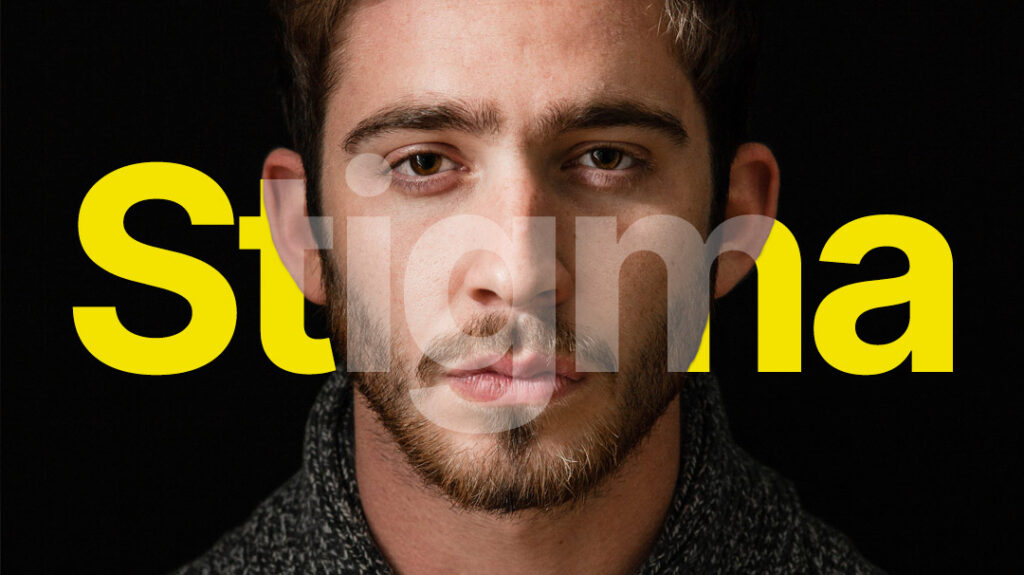
Addiction is a serious problem that affects millions of people worldwide. It is a chronic disease that can be difficult to overcome without treatment. Unfortunately, society does not view it as a disease and instead stigmatizes addiction, making people avoid seeking the treatment they desperately need.
It’s time to change the stigma surrounding drug addiction, so people feel comfortable discussing it and seeking treatment.
Behind Addiction Stigmas and Stereotypes
No one likes to be labeled. Living with a negative reputation can be difficult, but it’s even worse when that reputation is based on a stereotype. That’s the case for many people who suffer from drug addiction. Most people in the United States perceive drug addiction as a character flaw or moral failing instead of a chronic disease requiring medical treatment.
For many, the word “addict” conjures up images of someone dirty, disheveled, and dangerous. And often, when someone thinks about drug addiction, they think of illegal substances like heroin or cocaine. But the fact is, addiction also involves the misuse of legal drugs, such as prescription medications.
The Movie and Media Cultures also Contribute to the Problem
The stigmas of addiction are also perpetuated in movies and the media, which only seem to characterize the most extreme cases. This representation can make it difficult for people to truly understand addiction and why it happens. Sadly, this makes it harder for people with addiction to discuss it with family and friends because they fear being judged, labeled, or compared to movie characters. But they are not actors. They are our friends and family. Our sons and daughters. Our mothers and fathers. So, if we only view addiction through a stigma, can we truly understand and support our loved ones in their most desperate time of need?
Let’s Stop the Stigma
It’s time to stop the stigma and start viewing addiction as a disease we treat with compassion and care. Stigmatizing addiction only prevents people from getting healthy. And it prevents friends and family from being a meaningful part of their recovery.
The circumstances for which someone became addicted should not matter. What matters most is that we support and help them recover – before it’s too late. If they don’t feel stigmatized, they are more likely to seek help and get treatment.
How Pretaa Improves Treatment
Pretaa created a better way to help people with treatment and recovery because we know that better connections equal better treatment. We focus on the continuum of care to support recovery every single day. By using wearable devices enabled with Pretaa, healthcare providers can stay connected with patients and monitor their vitals every day. They can know when treatment is not going well, so they intervene to help prevent a full-blown relapse or, more tragically, death. Using Pretaa, healthcare providers can stay connected with patients post-treatment, which is when they are most vulnerable.
People dealing with addiction must feel comfortable asking for help. So everybody needs to help stop the stigmas associated with addiction. Then, once they seek help, they need to stay connected to the people who can help them stay healthy. Every single day. And that’s why we’re here.
Looking for Help?
If you or someone you love is struggling with drug or alcohol addiction, now is the time to seek help. Call SAMHSA’s National Helpline at 1-800-662-HELP (4357) or visit their website for more information: https://www.samhsa.gov/find-help/national-helpline
